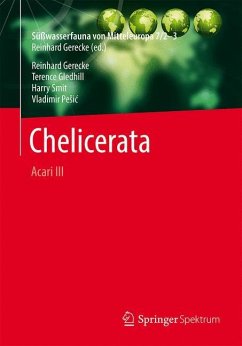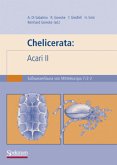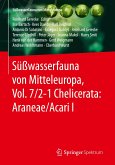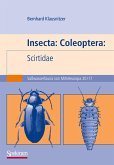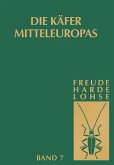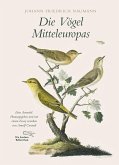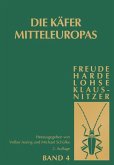For the first time in limnofaunistic bibliography, the present taxonomic knowledge about the different clades of chelicerata having adapted to an aquatic or amphibious lifestyle along various evolutionary pathways is brought together in an overview for the Central-European fauna. A total number of 746 taxa is covered, over 99 % of these at species level. In Volume 7/2-1 altogether 211 species are treated - 70 species of spiders, 7 species of Astigmata (3 of which to be identified only at family, genus, resp. species group level), 17 species of Oribatida, 27 species and one subspecies of Halacaridae, 45 species of terrestrial Parasitengona (4 of which to be identified only at genus level) and 45 species of Hydrachnidia (4 Stygothrombioidea, 3 Hydrovolzioidea, 16 Hydrachnoidea and 22 Eylaoidea). Volume 7/2-2 deals with 179 species of Hydrachnidia (58 Hydryphantoidea and 121 Lebertioidea). This third volume (Volume 7/2-3) includes taxonomic keys and ecological information for 355 species of the two highly diverse Hydrachnidia superfamilies Hygrobatoidea (241 species and one subspecies) and Arrenuroidea (113 species). The chelicerata volumes of this series are a basic tool for all limnologists interested in diversity and ecology ¿ in particular for biologists investigating the ecotones between ground and surface water, between bottom substrata and open water, and between water and land.
Bitte wählen Sie Ihr Anliegen aus.
Rechnungen
Retourenschein anfordern
Bestellstatus
Storno

